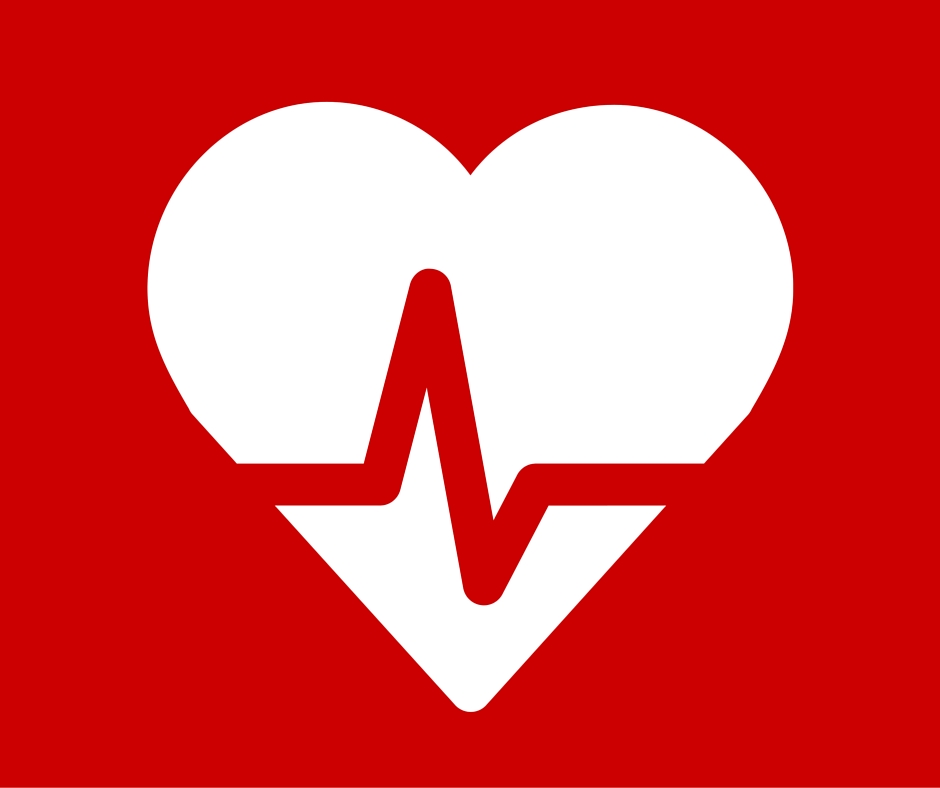
In continuation of this month's heart disease awareness series, let's remember what we talked about last week. We considered how cardiovascular disease refers to a set of diseases that compromise the heart beat or blood flow, and that several diseases may leave the heart unable to pump blood efficiently. Last week we talked about the effects of inflammation, and how it leads to heart disease. This week, let's consider how blood pressure, cholesterol, and diabetes affect our hearts.
Blood pressure refers to the pressure exerted by your blood against the blood vessel walls throughout the body and heart. The systolic, or the top number, refers to the pressure produced by the heart when it squeezes blood to the entire body. The diastolic blood pressure, or bottom number, refers to the vessel wall pressure when the heart is relaxing and filling up with blood. Many factors can affect your blood pressure: the health of your peripheral arteries as determined by the presence or absence of fatty material. Elevated blood pressure as can be affected by age, excessive consumption of salt, caffeine, high levels of pain and anxiety, or metabolic or autoimmune disease such as abnormal thyroid gland or rheumatic heart disease.
High blood pressure is a silent killer, and you may be unaware you have this disease. It is strongly recommended that you check your blood pressure, obtain your fasting cholesterol and sugar levels at least once a year if you are 35 or older or have a family history of heart disease or diabetes. Encourage your loved ones to do so as well, and you may help save a life.
Cholesterol levels can be determined by your dietary and activity level, as well as hereditary predisposition. Healthy goals would be HDL greater than 50, LDL less than 130, Triglycerides less than 150, and a total Cholesterol level of less than 200. You may also be interested in obtaining LDL particle levels, which include the size and density of your cholesterol. This is included in a test panel called VAP lipid profile. It's especially important to obtain fasting cholesterol levels if you have a strong family history of heart disease or strokes.
Diabetes when uncontrolled can lead to coronary artery disease that affects arteries in your legs, kidneys, eyes, brain and heart. Normal fasting glucose is below 100. Pre-diabetic levels are between 101-125, and diabetic sugar levels ranges from 125 and higher. Another marker for diabetes is HgA1c which tests the amount of sugar attached to hemoglobin over the last 3 months. Pre-diabetes is diagnosed as HgA1c of 5.7-6.4 and should trigger serious lifestyle modifications. Diabetes is diagnosed when HgA1c is 6.5 or higher.
Let us continue to take care of the bodies God has given us to His honor and glory.